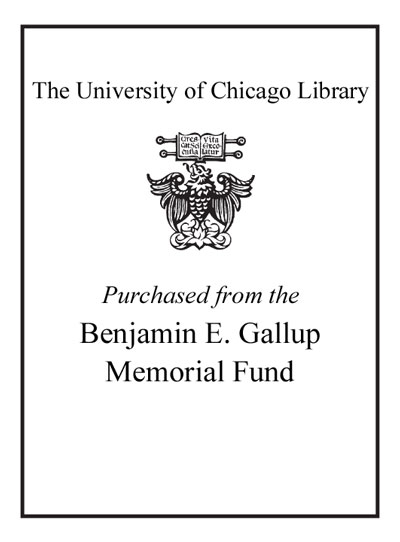Review by Choice Review
This slender book consists of a lengthy essay, "Communism and the Negro," written by Max Shachtman in 1933, along with a detailed introduction by Christopher Phelps (Ohio State Univ.). Shachtman was a prominent US leftist who was expelled from the Communist Party in 1928 because of his opposition to Stalinism. The first half of his essay provides a historical overview of African American history; the second part considers the relationship of black Americans to communism and the working class, and focuses specifically on criticizing the position of the Communist Party at that time, which supported "self-determination" (i.e., an independent republic or state for African Americans in the "Black Belt" of the South). Shachtman insisted that working-class revolution depended on black support, but that black liberation could only be achieved with the freeing of the entire working class from capitalist exploitation. Shachtman was far ahead of his time and amazingly prescient in anticipating modern views on many racial issues. Still, only advanced students of either the US Left or US race relations are likely to find much of interest in this somewhat esoteric work. ^BSumming Up: Optional. Graduate students and faculty. K. Blaser Wayne State College
Copyright American Library Association, used with permission.
Review by Publisher's Weekly Review
Two texts comprise this slender volume: Phelps's introduction occupies the first third, while the remainder consists of an "advance draft" of Shachtman's previously unpublished text of revolutionary socialism, Communism and the Negro, written in 1933. Phelps (Young Sidney Hook) leads the reader through Shachtman's "political gymnastics" amid the byzantine divisions of the Communist and Socialist movements in the '30s and '40s. He traces the progress of this pamphlet, from an attempt to clarify matters for Trotsky (who "wondered aloud whether 'the Negroes do not also...speak their own language'" and "speculated that perhaps they kept their language a secret to avoid being lynched") to its limited circulation via "painstakingly retyped onion-skinned copies [among] the socialist far left during the Great Depression." Without ignoring the "many fault lines and elisions" of the most famous American Trotskyist, Phelps alerts the reader to Shachtman's foresight in addressing issues of race, class, identity and nationality. The first half of Shachtman's pamphlet offers a Marxist historical account of blacks in the U. S.; the second half addresses what was called "The Negro Question"-whether African-Americans constituted an "oppressed national minority, with a common language, culture and territory" and thus warranted the right of self-determination. Shachtman argues that they did not form a separation, and that the Stalinist position was "radically wrong and guaranteed to produce the most harmful results in the fight to liberate not only the American Negro but the whole American working class." Although an annotated edition might have made Shachtman's historical section more useful to the general reader, the book has documentary value for historians of the American left; scholars of other disciplines will appreciate the index. (July) (c) Copyright PWxyz, LLC. All rights reserved
(c) Copyright PWxyz, LLC. All rights reserved
Review by Choice Review
Review by Publisher's Weekly Review

